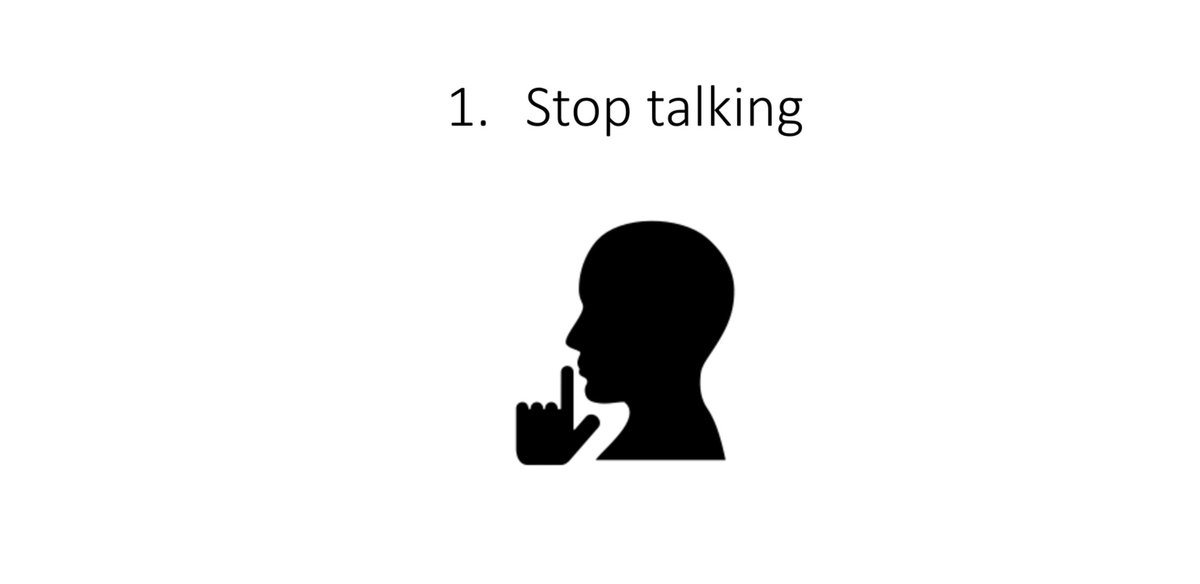All teachers think they have high expectations of their students. But these expectations are difficult to define. Far better, I think, to define signs of low expectations. A THREAD on what these look like... 1/n
1. Setting limits - Teachers saying things like "To get a grade 5, you need to...", which sets a ceiling for student aspirations... 2/n
2. Labelling students - words like "weak", "lazy", "apathetic" and phrases like "low ability" suggest that a) the problem is with the student b) it's fixed and c) nothing can be done to motivate them or improve their progress... 3/n
3. Giving them "busy work" - students can appear engaged by being kept occupied by activities that are only tenuously linked to what they're learning... 4/n
4. Opt-in extra work - differentiation by task that allows some students to avoid doing the challenging learning... 5/n
5. Over praising - students are congratulated for achieving the most basic of milestones, implying nothing difficult is expected of them... 6/n
6. Unproductivity is tolerated as long as they aren't disruptive - They can get away with minimal effort if they don't mess about... 7/n
7. Just happy that they've done homework - it's rushed and of a poor standard but the teacher is just glad to get something handed in 8/n
8. Only using hands up questioning - allowing only keen students to respond to questions, which allows others to hide and coast 9/n
9. Accepting basic or "don't know" answers - students are able to duck hard thinking... 10/n
10. They won't be able to cope with... - This is the biggy. The curriculum is watered down in advance because of the assumption that these students won't cope with challenging work... END of thread.
• • •
Missing some Tweet in this thread? You can try to
force a refresh

 Read on Twitter
Read on Twitter





